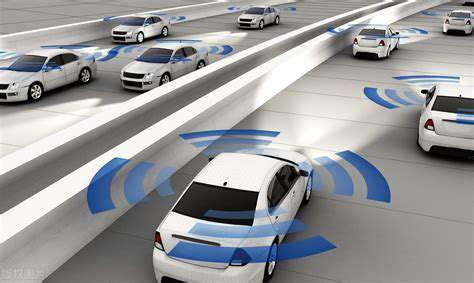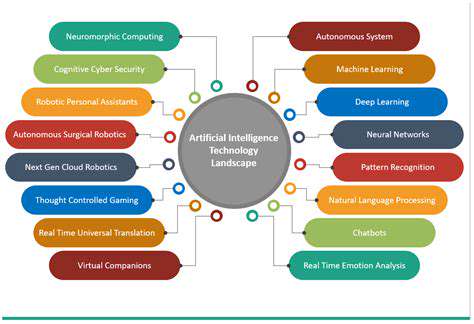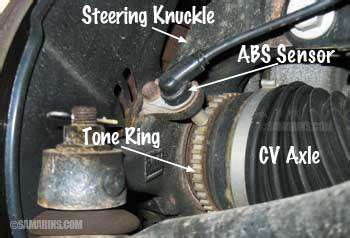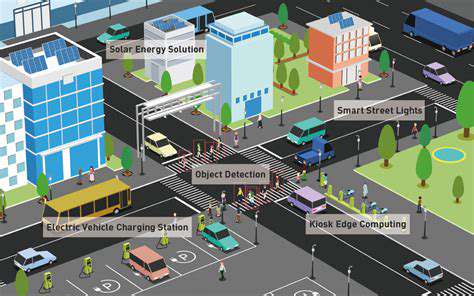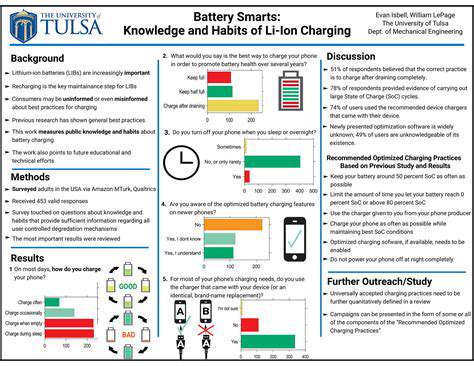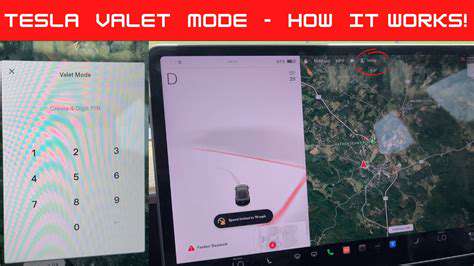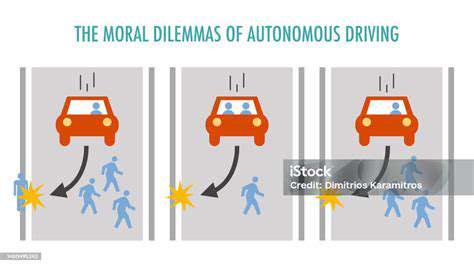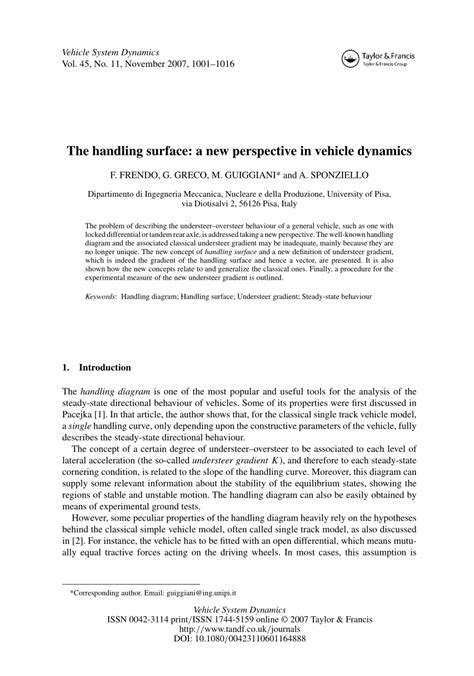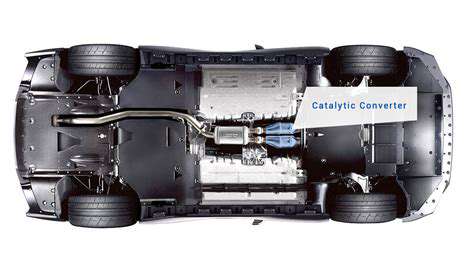Key Components of a V2G System
The magic happens through specialized chargers that cost about 30% more than standard ones. These devices contain the electronics needed for safe bidirectional flow. They work with onboard vehicle systems and grid operators through secure digital connections.
Energy Storage and Management in EVs
Modern EV batteries are designed to handle thousands of charge cycles, but V2G adds new complexity. Smart systems ensure this extra activity doesn't prematurely age your battery, reserving enough charge for your driving needs while optimizing grid participation.
Communication Protocols and Grid Integration
Standardized digital handshakes let cars and grid operators negotiate energy exchanges. These protocols ensure your vehicle only discharges when it makes sense for both the grid and your personal needs, all while maintaining privacy and security.
Benefits and Challenges of V2G Technology
The potential rewards are substantial - cleaner air, lower electric bills, and a more reliable grid. But questions remain about long-term battery impacts, fair compensation models, and creating the right regulatory framework to support this innovation.
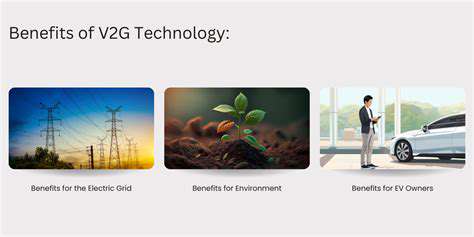
Potential Drawbacks and Considerations
Intermittency of Renewable Energy Sources
The unpredictable nature of sun and wind power creates challenges for V2G scheduling. Cloudy days with low solar output might coincide with many vehicles being on the road rather than plugged in. Solving this requires sophisticated forecasting and flexible systems that can adapt to changing conditions.
Infrastructure Limitations and Costs
Building out V2G capability represents a classic chicken-and-egg problem. Utilities won't invest without enough compatible vehicles, and consumers hesitate without adequate infrastructure. Creative financing and phased rollouts may help bridge this gap during the transition period.
Grid Compatibility and Stability Issues
Local distribution networks designed for one-way power flow may need upgrades to handle bidirectional energy. Transformers and other equipment might require replacement or modification to prevent overheating or voltage issues from many vehicles discharging simultaneously.
Vehicle Battery Degradation
While modern batteries are robust, extra cycling from V2G could potentially shorten their lifespan. Manufacturers are developing specialized battery management strategies to minimize this impact, but long-term real-world data is still limited.
Public Awareness and Consumer Adoption
Many consumers don't yet understand V2G's benefits or have concerns about battery wear. Clear communication and demonstration projects will be crucial to build trust and show how participation can be both convenient and financially rewarding.
Regulatory and Policy Frameworks
Current electricity market rules weren't designed for millions of small distributed resources. Updating regulations to fairly compensate V2G participants while maintaining grid reliability will require close cooperation between policymakers, utilities, and automakers.
Security Concerns
Connecting more devices to the grid increases potential cyberattack surfaces. Robust encryption, regular security updates, and physical safeguards will be essential to prevent malicious actors from disrupting this critical infrastructure.
The Future of V2G Technology
V2G Technology: A Revolution in Energy Management
Looking ahead, V2G could transform our energy landscape much like rooftop solar did, but with even greater potential impact. As the technology matures, we might see entire fleets of vehicles acting as virtual power plants, providing crucial grid services while parked.
The Benefits of V2G for Consumers
Forward-thinking utilities are already experimenting with programs that pay EV owners for grid services. These initiatives could eventually turn vehicle ownership into a revenue stream, offsetting charging costs or even generating profit during peak demand periods.
V2G and the Smart Grid
The true potential emerges when V2G integrates with other smart technologies. Imagine your car coordinating with your home battery, solar panels, and smart appliances to optimize energy use and earnings automatically.
Technical Aspects of V2G Systems
Ongoing advancements in power electronics and communications are making V2G equipment smaller, cheaper, and more efficient. Standardization efforts aim to ensure different brands can interoperate seamlessly.
The Role of V2G in Sustainable Energy
By enabling higher renewable energy penetration, V2G could significantly reduce greenhouse gas emissions. Some analysts suggest it could accelerate our transition to clean energy by 5-10 years if widely adopted.
Challenges and Considerations for V2G Adoption
The path forward requires balancing many factors - battery health, consumer convenience, grid needs, and business models. Pilot programs worldwide are testing different approaches to find the optimal mix.
Future Trends and Innovations in V2G
Emerging concepts like vehicle-to-home (V2H) and vehicle-to-building (V2B) expand V2G's applications. Combined with autonomous vehicles that can position themselves optimally for charging/discharging, the possibilities are truly exciting.

